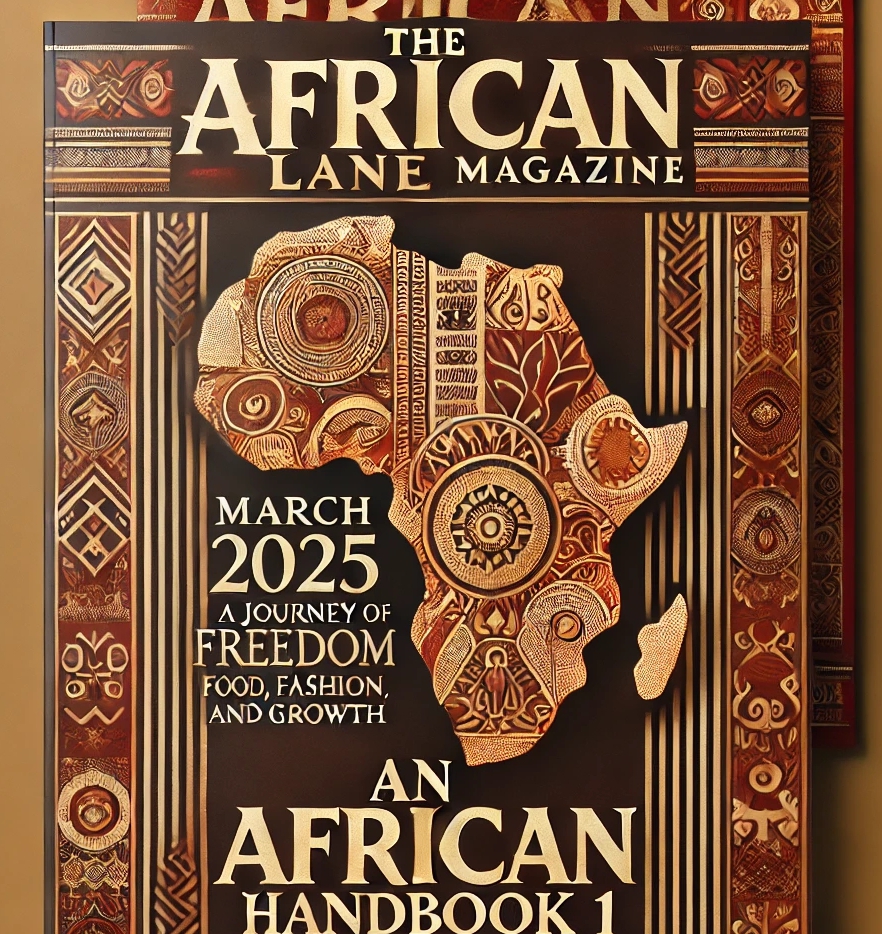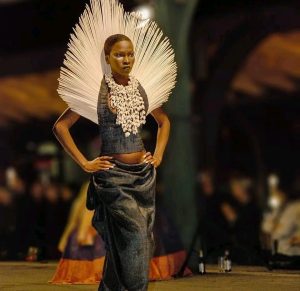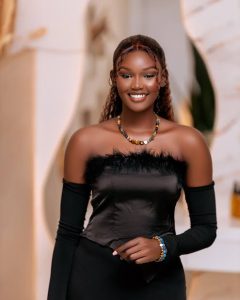Yoruba to be made an official language Brazil

Brazil’s minister of culture has announced that Yoruba will become one of their official languages and African history will be added school curriculum.
The African slaves from the west, carried along their Yoruba religion with them when they were brought to Brazil. This religion is referred to as Candomblé by Afro-Brazilians — a religion that seeks harmony with nature. This culture and religion is still very much relevant and gave birth to the Òrìsà-worshipping and Yoruba-speaking people of Brazil.
Last week at AYO, after a national meeting of African-Brazilian storytellers, It was alleged that the Brazilian minister of culture, Dr Sérgio Sá leitão announced that Yoruba is now one of their official languages and language and African History will be introduced as a compulsory subject in primary and secondary schools curriculum.
However, the Brazilian Ministry of Culture has denied this and will keep us updated on further changes.
In attendance of this meeting, in Quilombola, were big names such as renowned Professor Wole Soyinka, Dr. Sophie Oluwole, the first female PhD holder in Yoruba Philosophy, and painter and illustrator Adeyinka Olaiya.
If this move is made, it will do well in bringing Afro-Brazilians closer to their roots and help them better understand the link between the current Brazilian practices and Western Yoruba cultures.
Due to many reasons — trans-atlantic slave trade, cattle grazing, immigration — small communities have grown in other countries where some Nigerian languages are actually spoken.
Brazil is not the only country that has Yoruba as their official language, excluding Nigeria.
Outside Nigeria, you can find large yoruba-speaking communities in Togo and Benin Republic. Smaller communities can be found in Sierra Leone, Liberia and other African countries.
In these countries, French is the lingua-franca but perchance you can’t speak it, Yoruba is your next best option.
In Ghana, there is a growing Hausa community and in Equatorial Guinea, Igbo is recognised as a minority tribe with about 53,000 speakers.





